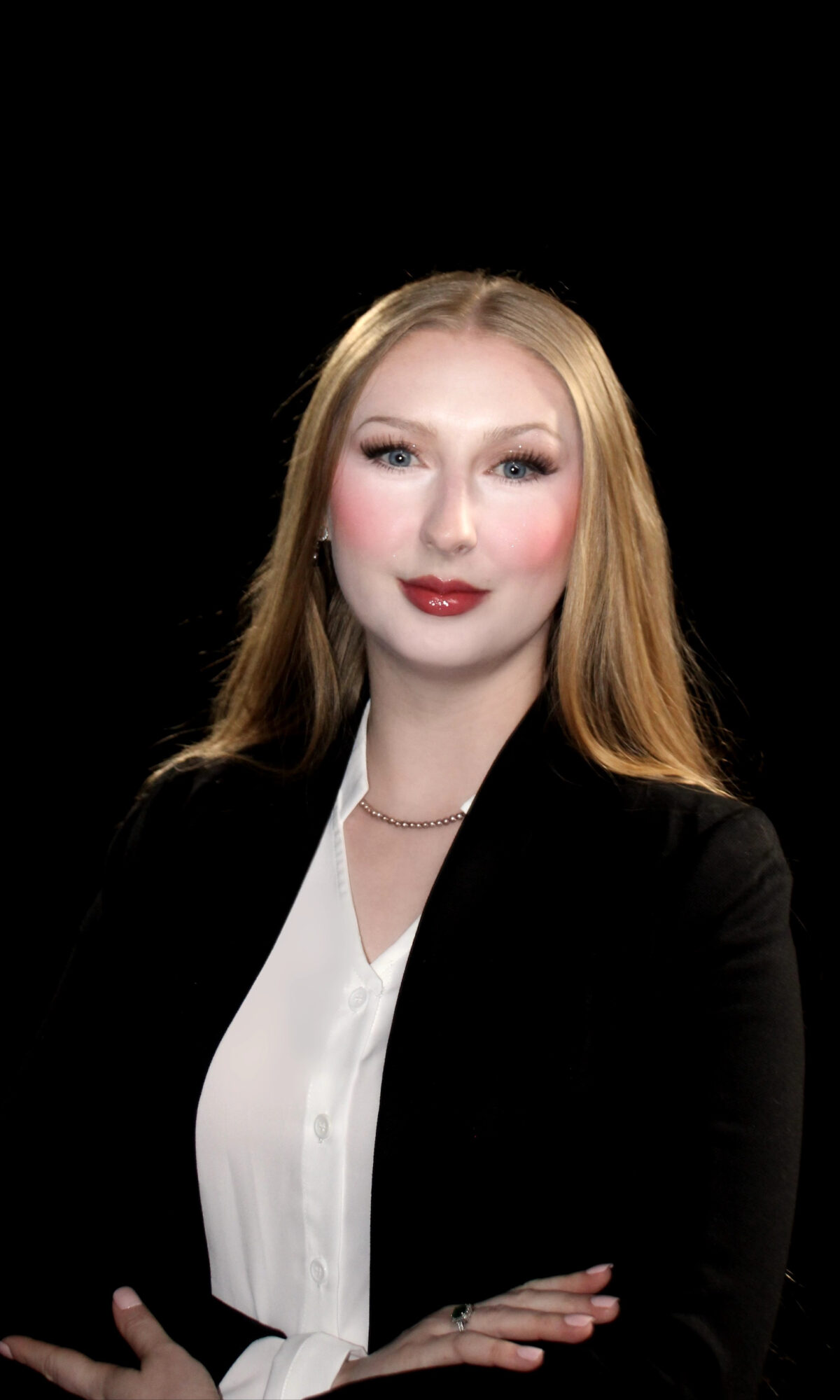
Student creating bill to protect Vermont from deepfake technology

Taylor Galgay ’24, a neuroscience major at St. Michael’s College is working on a bill to protect Vermont from the dangers of artificial intelligence (AI) and deepfake technology.
“Deepfake technology is the process of using machine learning technology to simulate a person or behavior or thing that is not real,” Galgay said. “Deepfake technology pornography is using these technologies and these programs to make explicit material of a person without their consent, and it is much more prevalent than people think.”
Professor Crystal L’Hote, chair of Philosophy at St. Michael’s College, teaches a class focused on AI called AI and Mental Freedom. L’Hote understands the potential dangers of AI technology.
“Deepfake technologies can be used for good or for ill and are probably more likely to be used for ill,” L’Hote said.
L’Hote explained that in the past, identity theft was prominently stealing someone’s financial identity. Today, deepfake technology has made it possible to steal one’s social identity as well, which can result in devastating consequences.
“A legal change isn’t the only kind of change that we need to see, but it is necessary and an important one,” L’Hote said.
Galgay is working with state representatives to create a bill around deepfaking. It would ensure people’s protection from misuse of artificial intelligence.
“The bill that we are working on will provide a legal framework and a safeguard for Vermonters’ anatomy over their own image and rights to your likeness and yourself within the virtual world,” said Galgay.
The bill will criminalize the creation and distribution of deepfake pornography, holding offenders accountable. There would be repercussions for making and distributing deepfake material, Galgay said.
The process of creating a bill is not new to Galgay. In 2019, she worked on a bill that declared May as Ehlers-Danlos Awareness Month. Ehlers-Danlos is a rare connective tissue disorder.
Galgay explained that the process includes writing a statement that outlines the subject and purpose of the bill.
“You have to build a really strong case that is both clear and concise,” Galgay said. “You have to make sure the issue is clear, so the representative knows why the bill is important. A big aspect is why it is important for this state and why the bill is needed in Vermont.”
New York has multiple bills based on the ethics of AI and protecting one’s rights as an individual. Vermont does not have any laws to protect people or minors, Galgay explained.
“I think a lot of people don’t think Vermont needs frameworks or new ideas like this, but we do because AI is already reaching Vermont,” Galgay said. “We are not as safe and protected as people think.”
Elizabeth Burrows, a Vermont representative, is aiding Galgay with the bill.
“She was very passionate about this project and was happy to organize a bill with me,” Galgay said. “I know Biden recently issued a statement about AI technology and the ethics and guidelines, and Vermont is behind, so she was happy to help.”
Galgay said she became highly interested in AI in recent years.
“I have written a few papers on this topic. I am very interested in AI and the ethics around it, and I think it is something that everyone thinks is so sci-fi and so far away and not important, but it is already here and affecting our lives,” said Galgay.
Galgay said one of her biggest worries is how deepfake technology will affect children.
“I was reading a story about a young woman who was not from Vermont,” Galgay said. “There was a deepfake pornography made about her and she ended up choosing to end her life over the repercussions of something that was not even true.”
Galgay hopes to accomplish awareness with her bill. She feels that young people do not always think about the potential for technology’s negative impact.
Galgay wants people to become more educated and passionate about these topics. Once Galgay meets with Representative Burrows and writes the bill, Burrows will bring forth the bill to be voted on.

